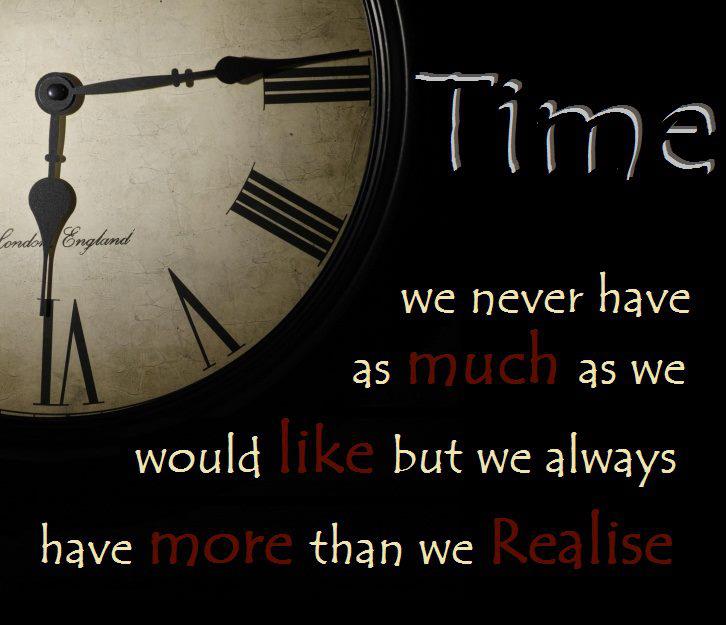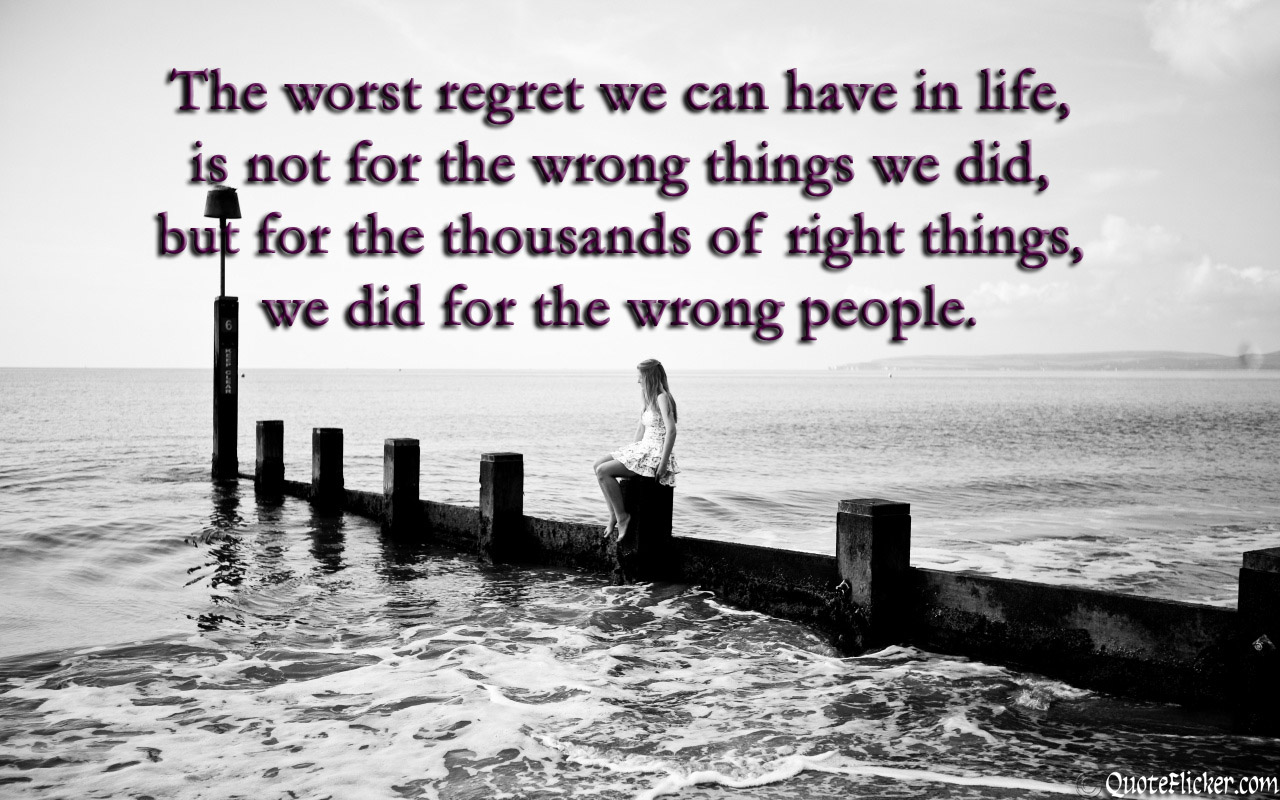

出る杭は打たれる ( derukui wa utareru) English Translation: “The nail that sticks out is struck.” To be in a state of enlightenment, you have to give up earthly concerns and be at peace. Buddha here represents nirvana - the state of enlightenment. It might seem confusing at first, but let me explain. 知らぬが仏 ( shiranu ga hotoke) English Translation: “Not knowing is Buddha” or “ignorance is bliss” 自業自得 ( jigoujitoku) English Translation: “Self-work, self-profit.”ĭepending on how this phrase is used, it could mean something more positive like “you get what you give” or “hard work pays off.”īut most of the time, it’s used negatively to mean “what goes around comes around”. Because sometimes, it’s better to not say anything at all. Running our mouths tends to get us into trouble, doesn’t it? The saying is a reminder to, more or less, shut your trap. 口は災いの元 ( kuchi wa wazawai no moto) English translation: “The mouth is the source of disaster.” This Japanese proverb is like the English expression “water under the bridge.” It means to forgive and forget, and let things go. 水に流す ( mizu ni nagasu) English Translation: “The water flows.” It’s used to remind someone that there are things bigger than them in the world.

They’re quick to judge and think very big of themselves. This famous Japanese saying means someone sees the world through their limited perspective. 井の中の蛙大海を知らず ( i no naka no kawazu taikai wo shirazu) English Translation: “A frog in a well knows nothing of the sea.” The important part is understanding their meaning, and learning from them! Japanese Proverbs About Life Yojijukugo sound a bit more like Master Yoda from Star Wars.Īnd last, kan’youku are the ones that seem most like Confuscious’ style.īut really, it doesn’t matter much which style the proverbs are in. Iinarawashi would be the proverbs most like something Iroh from Avatar would say. They’re all very similar, but with some nuanced differences.
.jpg)
What’s the difference? I like to compare these styles of Japanese proverbs to other proverbial-styles you may know. Kan’youku are idiomatic phrases, but they’re longer than yojijukugo. These can be the hardest to grasp sometimes for learners. They consist of only four kanji characters to create the saying. Iinarawashi are short sayings and bits of wisdom. These Japanese proverbs come in three forms: 言い習わし ( iinarawashi), 四字熟語 ( yojijukugo), and 慣用句 ( kan’youku). There are many old Japanese sayings steeped in the country’s history, culture, and innate wisdom. Japanese Wisdom in Proverbs (The 3 Forms of Japanese Wisdom Sayings) Japanese Wisdom in Proverbs (The 3 Forms of Japanese Wisdom Sayings).Here you’ll find tons of Japanese proverbs with English translations, to help bring out your inner philosopher. If you’d like to level up your wisdom with Japanese sayings, you’ve come to the right place. (Plus, he was voiced by Mako Iwamatsu, a brilliant Japanese-American actor.) In fact, Iroh and the Fire Nation are based on Chinese/Japanese traditions and history. It makes sense that everyone’s favorite Pai Sho player likes to speak wisdom through old Japanese proverbs and Chinese sayings. They can come in straight-forward sayings or be as philosophical as one of Uncle Iroh’s from Avatar: The Last Airbender. These Japanese proverbs are called ことわざ ( kotowaza). And some of them you may have already heard and didn’t know they originated from Japan! Japanese proverbs and idioms are filled with ancient wisdom. It would make our week if you took a second to share this collection of poems about life on your favorite social media spot.Full disclosure: This post contains affiliate links. Love this collection of poems about life? Sharing it (or any of the individual inspirational poems) would make our week.
POEMS SAD DEEP QUOTES ON LIFE FULL
Looking for more inspirational quotes? Check out our full collection of life quotes. Listen to the big people and the little people. One final inspirational poem about life before you go on your way. Some of the best poems about life are songs.


 0 kommentar(er)
0 kommentar(er)
